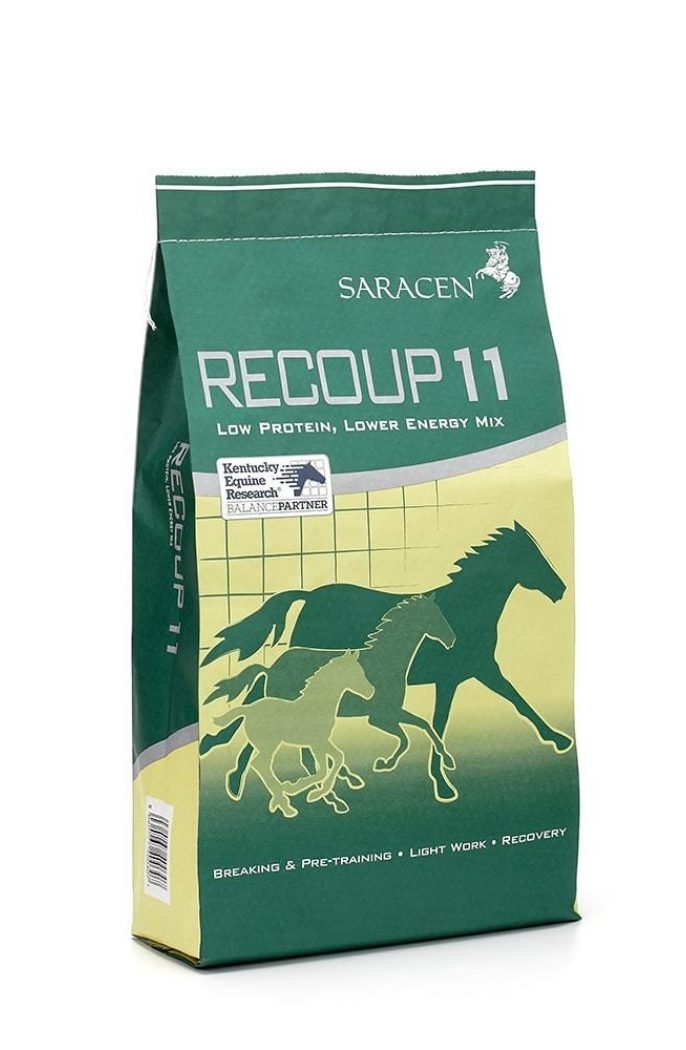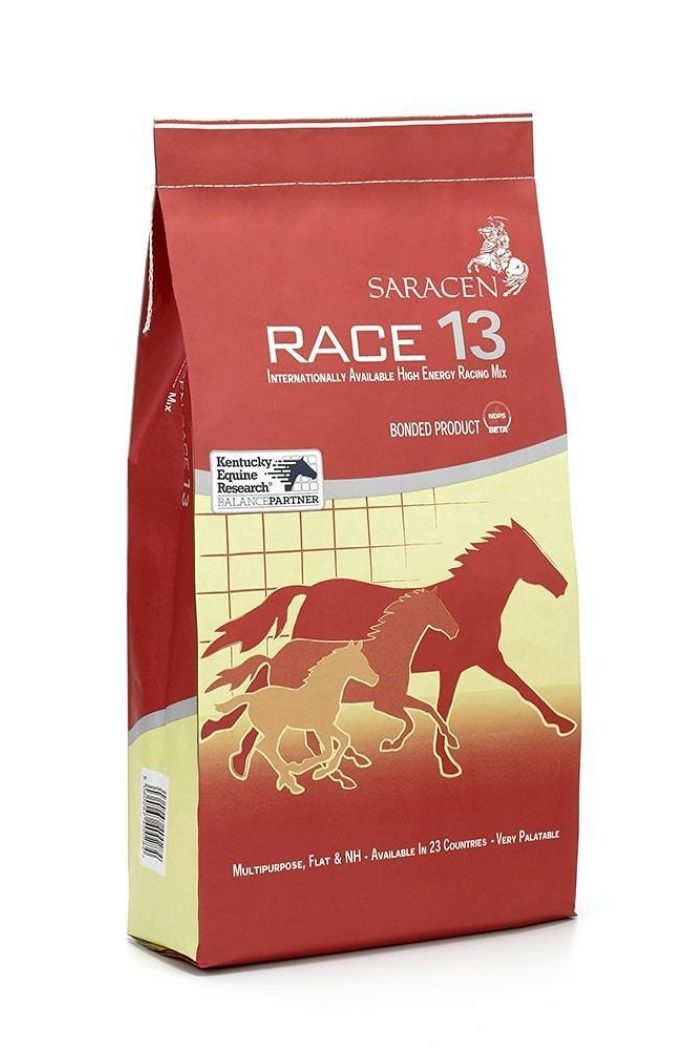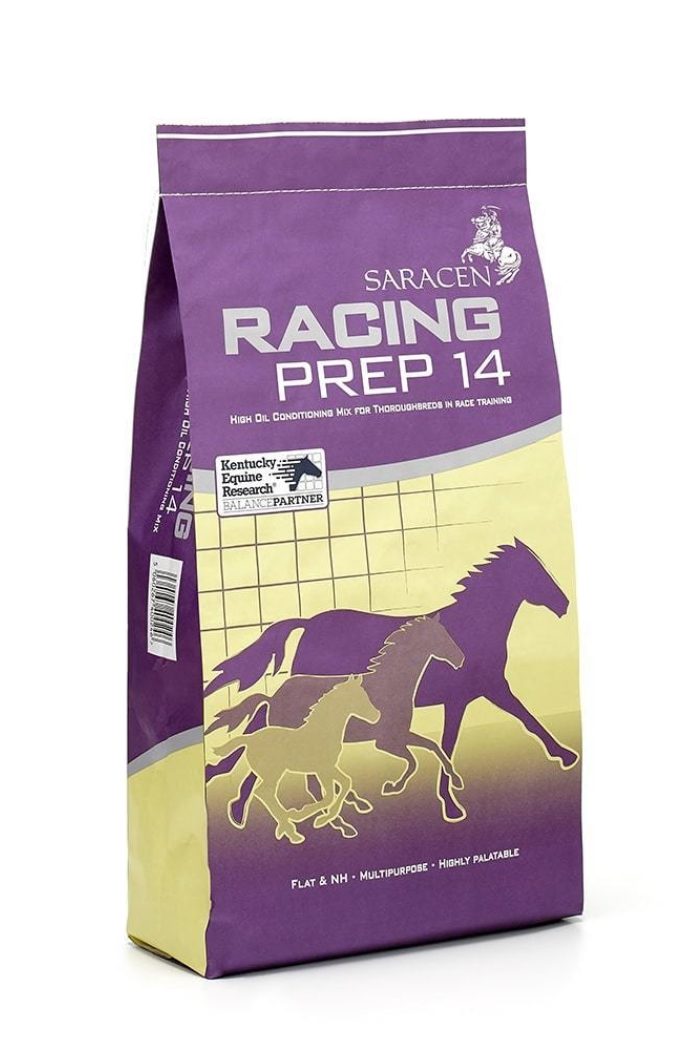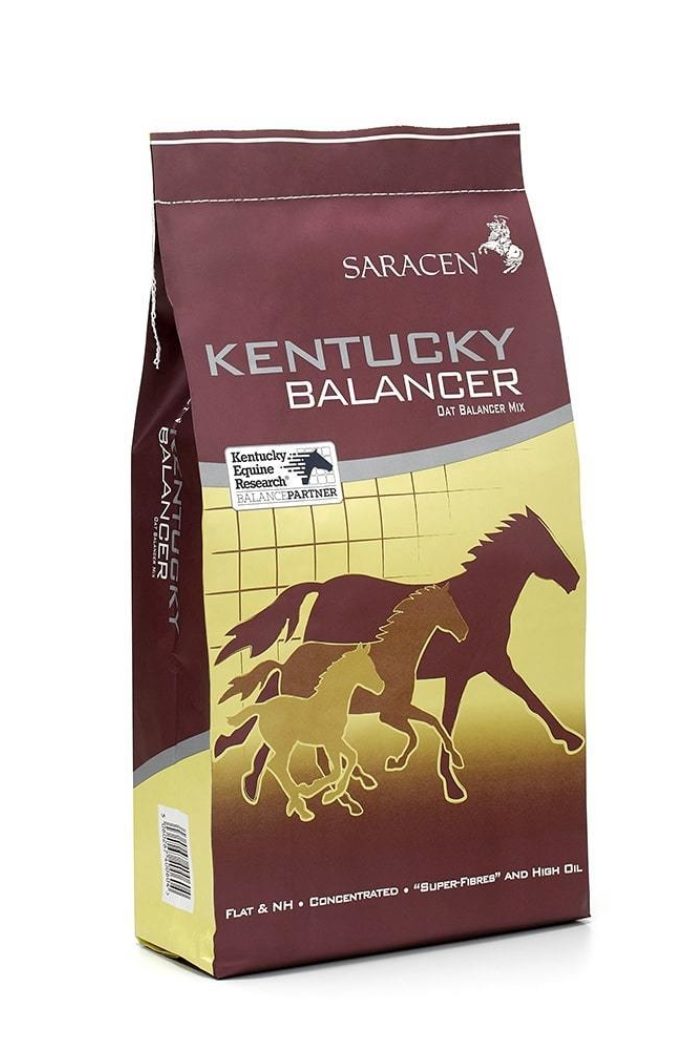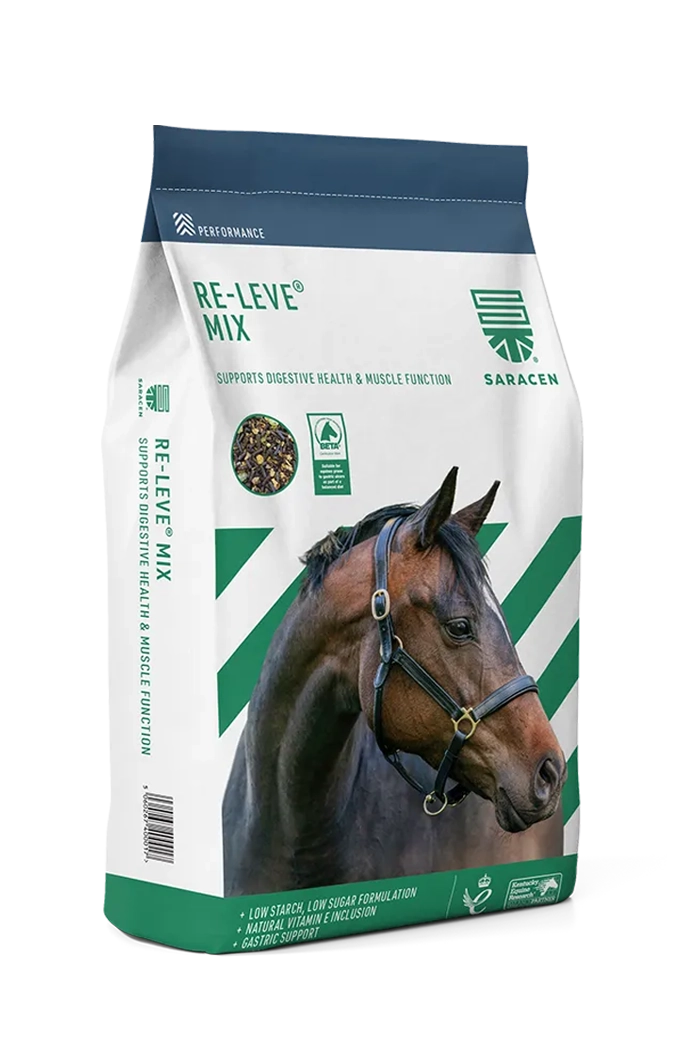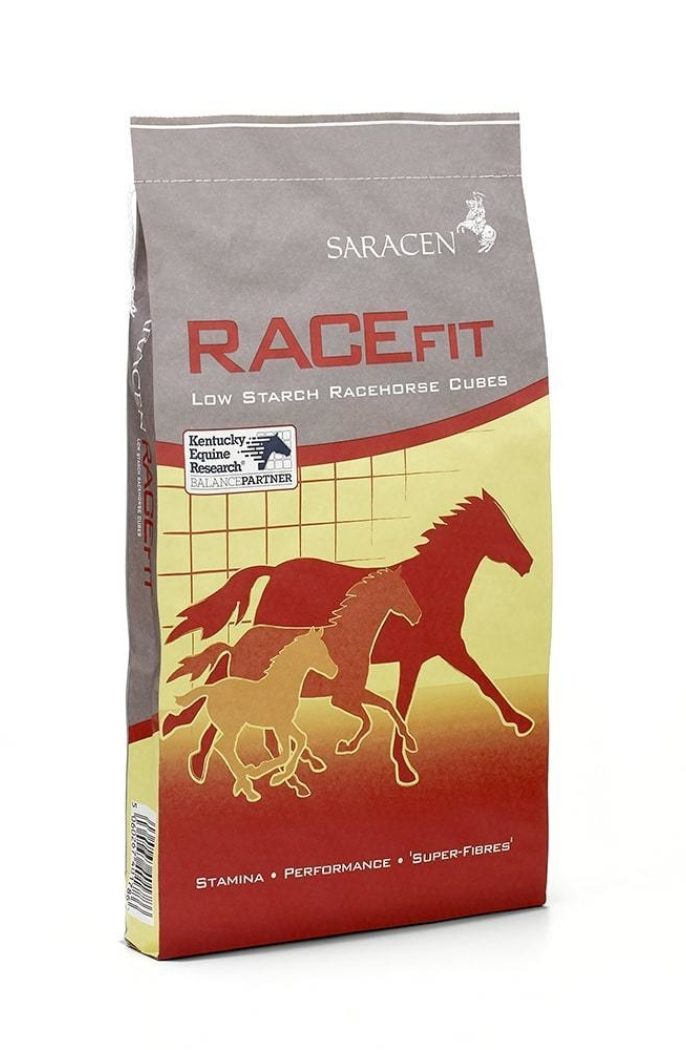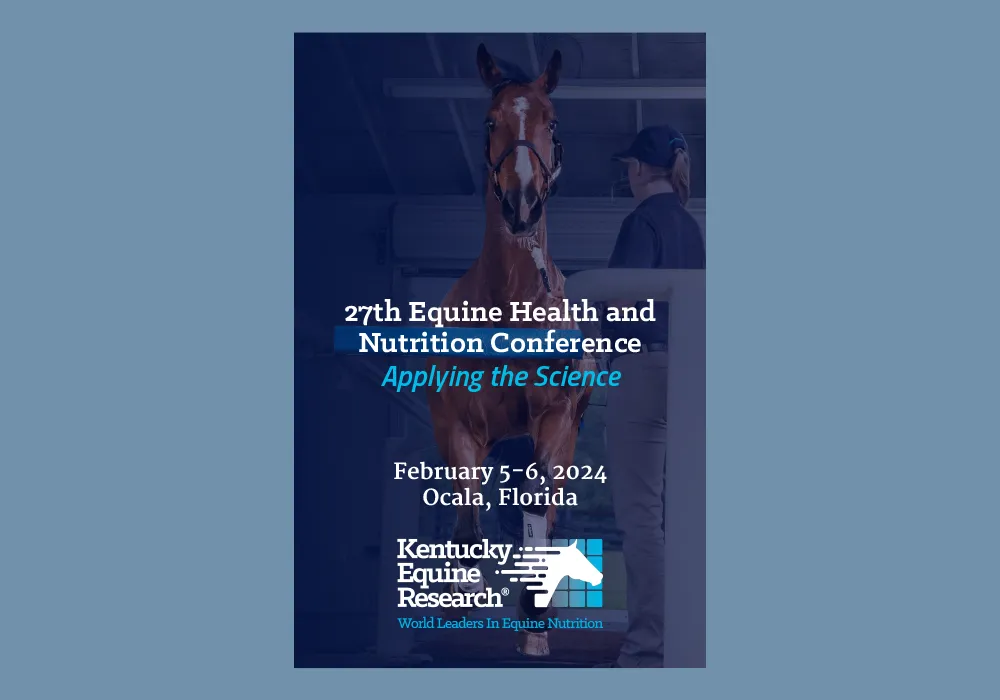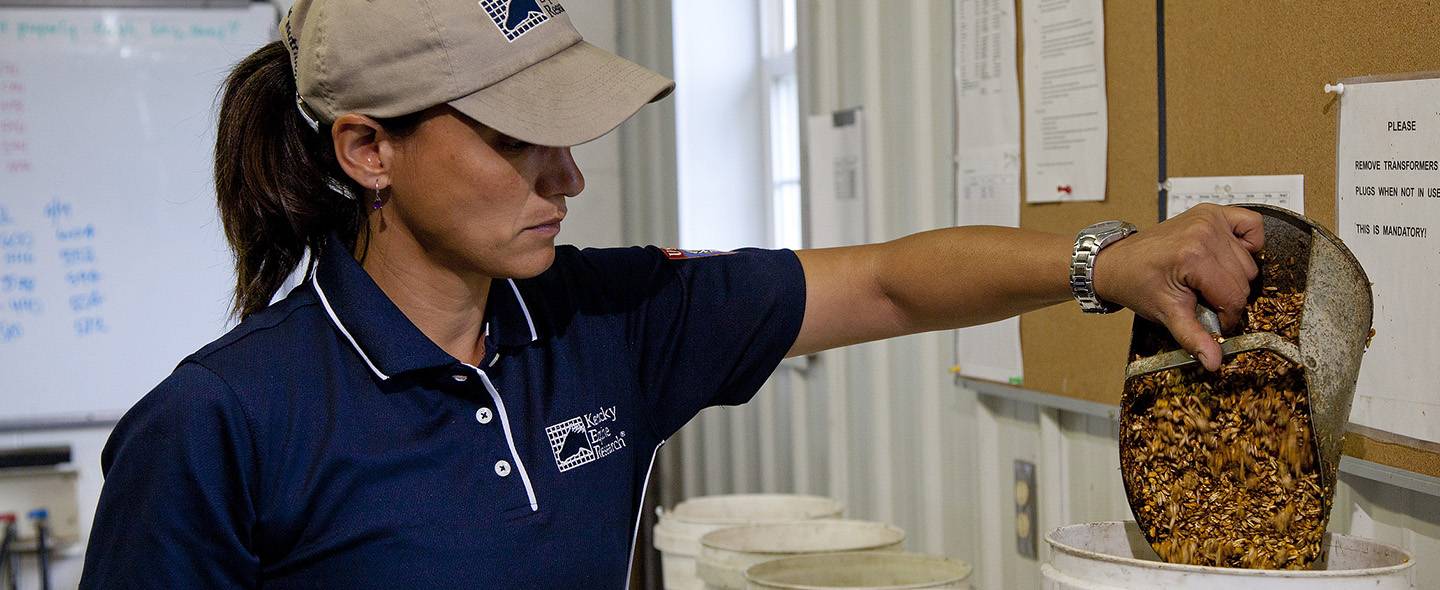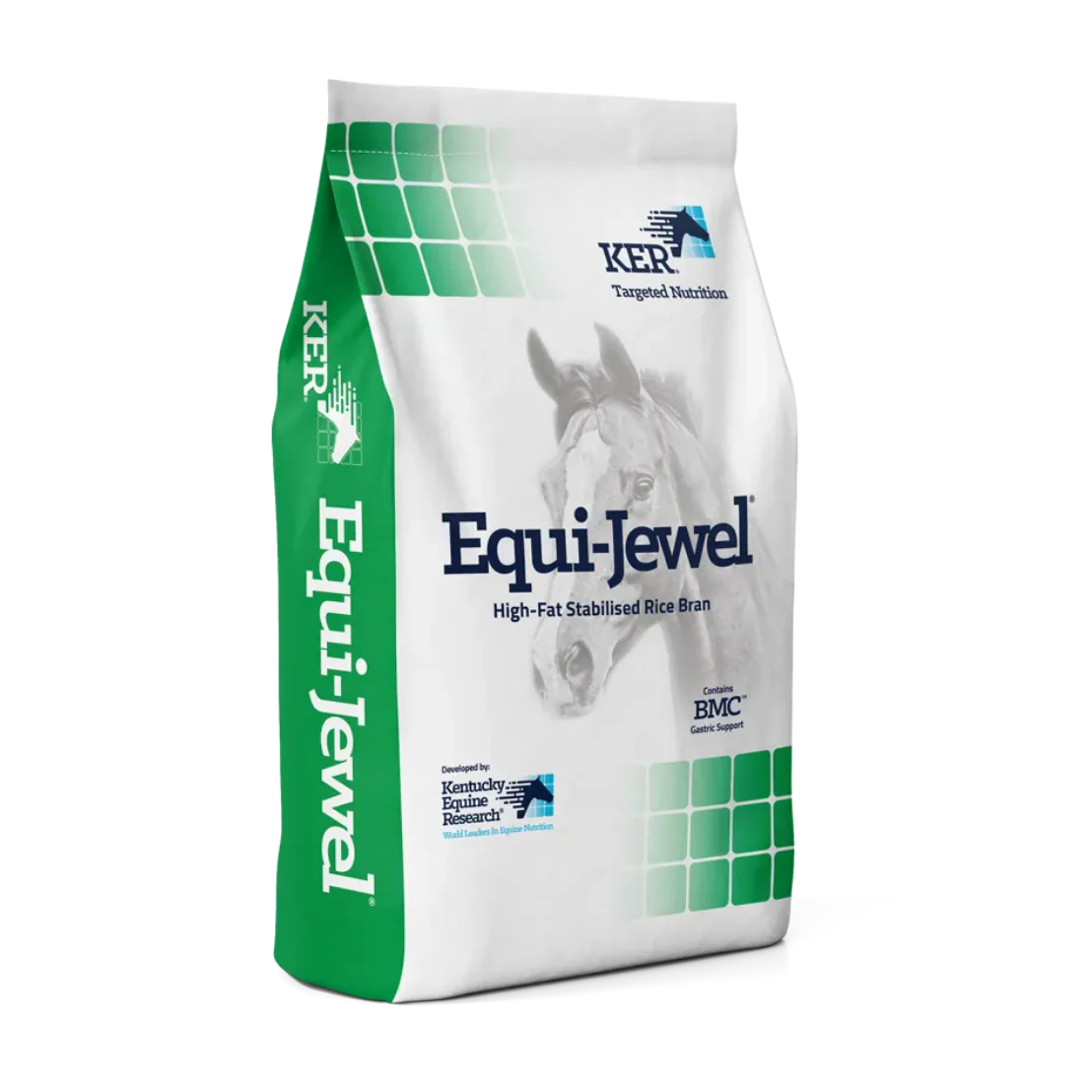BETA NOPS
risk-assessment-based approach
Naturally occurring prohibited substances
horse feed screening
Horse Racing Forensic Laboratory (LGC) Newmarket
saracen products
Specialist Bonded Racing Products
Naturally Occurring Prohibited Substances
Saracen Horse Feeds joined the code of practice put in place for feed manufacturers by the British Equestrian Trade Association (BETA) on 1st October 2009.
The Naturally Occurring Prohibited Substances (NOPS) Code has been developed by BETA in response to the increased incidence of positive dope tests in racehorses. The NOPS scheme, whilst not a guarantee, is a risk-assessment-based approach to reducing the chance of feed being contaminated with naturally occurring prohibited substances.

NOPS are found in a variety of plants and they include:
Caffeine, Theobromine, Theophylline, Morphine, Hyoscine, Atropine, Cannabinoids
As an approved member, we use the logo as a kitemark — a reassurance to owners and trainers of the strict quality controls applied at every stage of sourcing, storage and manufacturing.
Both the British Horseracing Authority (BHA) and the National Trainers Federation (NTF) have endorsed the BETA NOPS code, which sits alongside our annual UFAS audit.
Saracen Horse Feeds carefully assesses every stage of the feed manufacturing process – from supplier to finished feed – to minimise the risk of NOPS and provide our clients with complete peace of mind.
horse feed screening
Each batch of Saracen Racing Feeds is analysed for the presence of NOPS, requiring a certificate of analysis from the Horse Racing Forensic Laboratory (LGC) Newmarket before being released for sale to the yards.
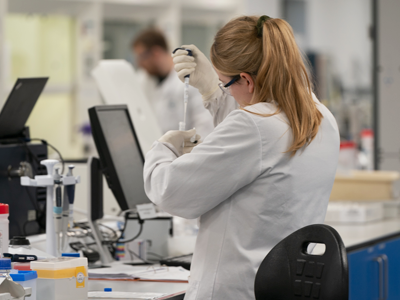
These feeds are known as 'Bonded Feeds'.
LGC have over 20 years of experience in testing of commercial feed designed for racehorses and are an integral part of Saracen’s quality control process.
LGC are committed to quality and integrity, and are ISO/IEC 17025 accredited.
Its analysis of feed using mass spectrometric detection systems is capable of detecting naturally occurring prohibited substances and other contaminants at microscopic levels (ng/g).
LGC is the preferred laboratory for racing's regulatory body, and they are one of only 6 laboratories worldwide to be recognised as an International Federation of Horseracing authorities (IFHA) reference laboratory.
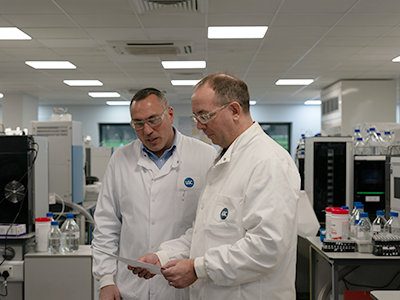
Saracen Specialist Bonded Racing Products
